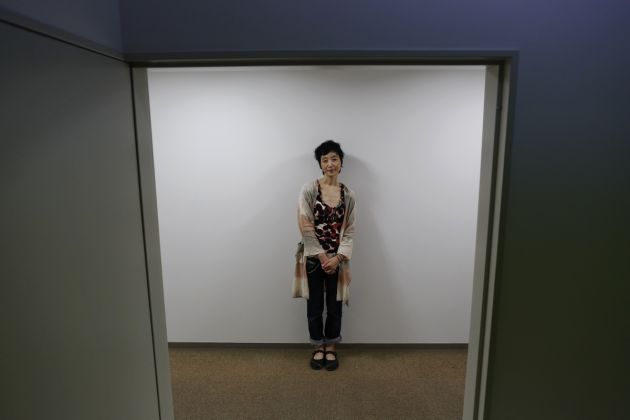Global churches body calls on members to work for 'nuclear-free world'

Citing tensions and disasters in Northeast Asia, the World Council of Churches has called on its churches to deepen ethical and theological debates about civilian and military uses of nuclear energy.
It main governing body called on the churches to examine "the witness inherent in using nuclear electricity or in accepting protection from nuclear weapons."
The Central Committee of the WCC issued a statement Tuesday entitled "Towards a Nuclear-free World."
"Living in proximity to nuclear power plants and in the target zones of opposing nuclear forces, people of conscience and courage in Northeast Asia are raising serious questions about the military and economic path of their societies.
The statement noted that before and after the WCC's meeting of its highest governing body in Busan, South Korea, ecumenical and inter-religious conferences in Japan, Korea, USA and Europe called for replacing nuclear power in the region.
This would be a step toward sustainable development, and eliminating nuclear weapons as a step toward peace.
"Nuclear weapons cannot indeed be reconciled with real peace. They inflict unspeakable suffering with blast, heat and radiation. They wreak destruction which cannot be bound by space or time.
'NUCLEAR POWER INDISCRIMINATE'
"Their power is indiscriminate and their effects cannot be matched by any other device. As long as nuclear weapons exist, they pose a threat to humanity."
The WCC body recommended ways for churches to work to end nuclear dangers and respond to those affected by continuing nuclear tragedies - from Hiroshima in 1945 to Fukushima in 2011 and beyond.
It said churches should "Sustain and deepen ethical and theological discussions about civilian and military uses of nuclear energy."
They should seek "discernment on what purposes they serve, how much they actually cost, whose interests they serve, what rights they violate"
Churches should examine the impact on health and the environment of nuclear energy "whether there is a witness inherent in using nuclear electricity or in accepting protection from nuclear arms."
Changes in lifestyle and the adoption of cleaner, safer, renewable energy sources are recommended in the statement.
Divestment is encouraged where businesses and banks are involved in the production of nuclear power plants or nuclear weapons. Churches are urged to listen to, support and advocate with the survivors of nuclear accidents, bombings and tests.
The document invites the churches to join the WCC in coordinated international advocacy towards a ban on nuclear weapons "in accordance with international humanitarian law and in fulfilment of existing international obligations."
It stresses collaboration with others who share that goal such as governments, other religions and civil society groups, including the International Campaign to Abolish Nuclear Weapons (ICAN).
A special appeal is made to 31 governments in NATO and in Northeast Asia "which call for nuclear disarmament but depend on the nuclear forces of the United States," to join in eliminating nuclear weapons, removing them from their regions and negotiating collective, non-nuclear security agreements instead.